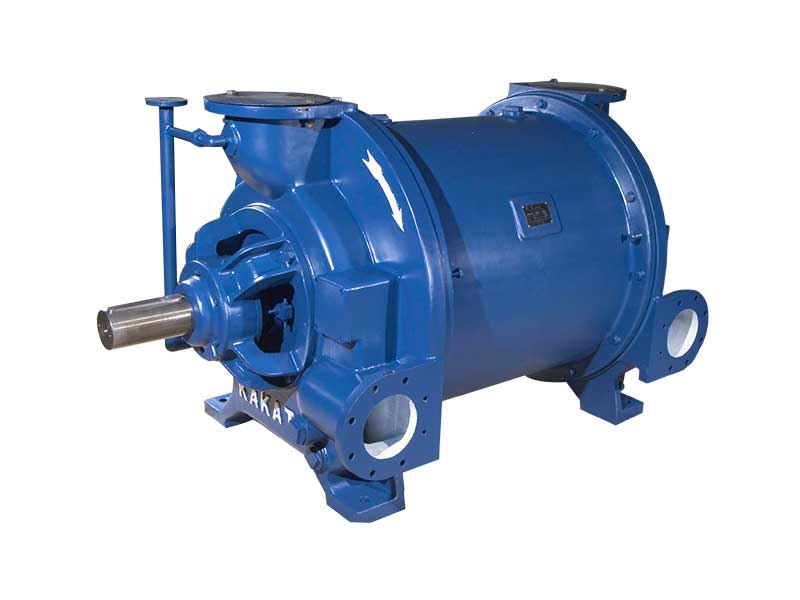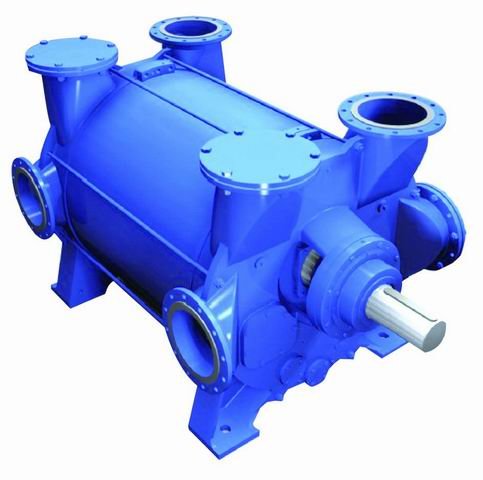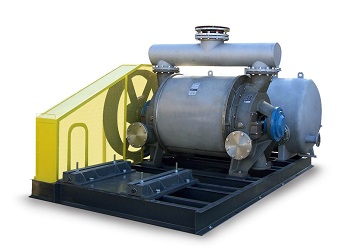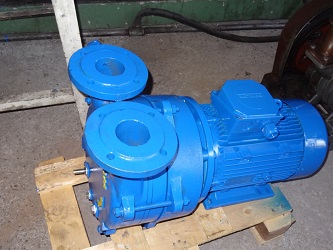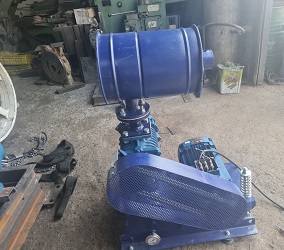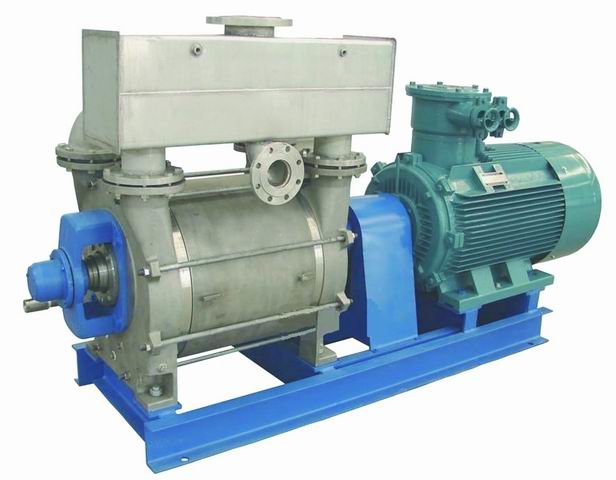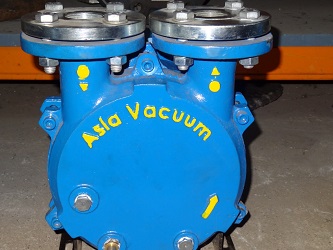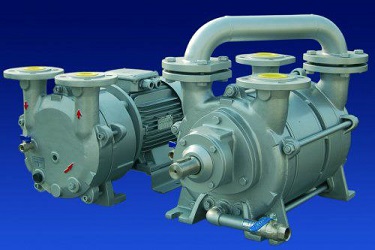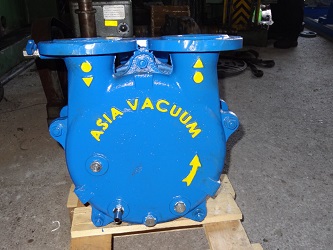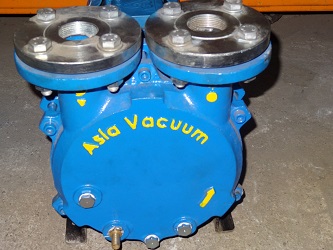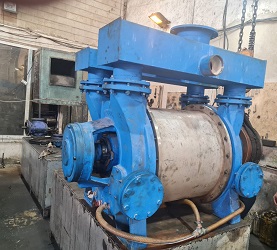Oil changing and dust removal – the essentials of vacuum pump care
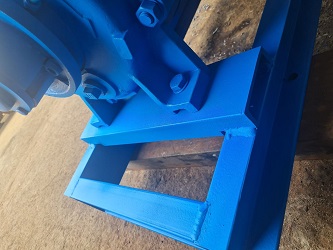
Oil changing and dust removal – the essentials of vacuum pump care
Regular oil changes and dust removal are crucial for maintaining a vacuum pump’s efficiency and longevity. Changing the oil, especially when it becomes contaminated, and keeping the pump clean externally prevents performance issues and potential internal damage.
Oil Changes:
-
Frequency:Oil changes should be performed regularly, typically every 3-6 months, but the exact frequency depends on usage and operating conditions.
-
Contamination:Old oil can become contaminated, reducing its ability to lubricate and cool the pump, and potentially causing sludge buildup.
-
Inspection:Check the oil’s color; a darker color indicates contamination, and a milky color suggests water contamination.
-
Procedure:Completely drain the old oil, refill with the correct amount of fresh, high-quality vacuum pump oil (designed for your specific pump model).
Dust Removal:
-
Importance:Dirt and debris can interfere with the pump’s operation, potentially causing overheating or blockages.
-
Cleaning:Clean the pump and surrounding area regularly to prevent dust and debris from entering the system.
-
Components:Pay special attention to filters, valves, and other components during cleaning.
Additional Tips:
- Consult the Manual: Always refer to the pump’s manual for specific maintenance instructions.
- Check Oil Levels: Regularly inspect oil levels and condition.
- Monitor for Abnormalities: Listen for unusual noises that may indicate wear or damage.
- Prevent Back Pressure: Avoid blocking the pump’s discharge outlet to prevent back pressure, which can reduce efficiency.
- Use Cold Inlet Traps: If applicable, use cold inlet traps to prevent condensable vapors from contaminating the oil.
- Record-Keeping: Keep records of maintenance activities, including oil changes and cleaning.

